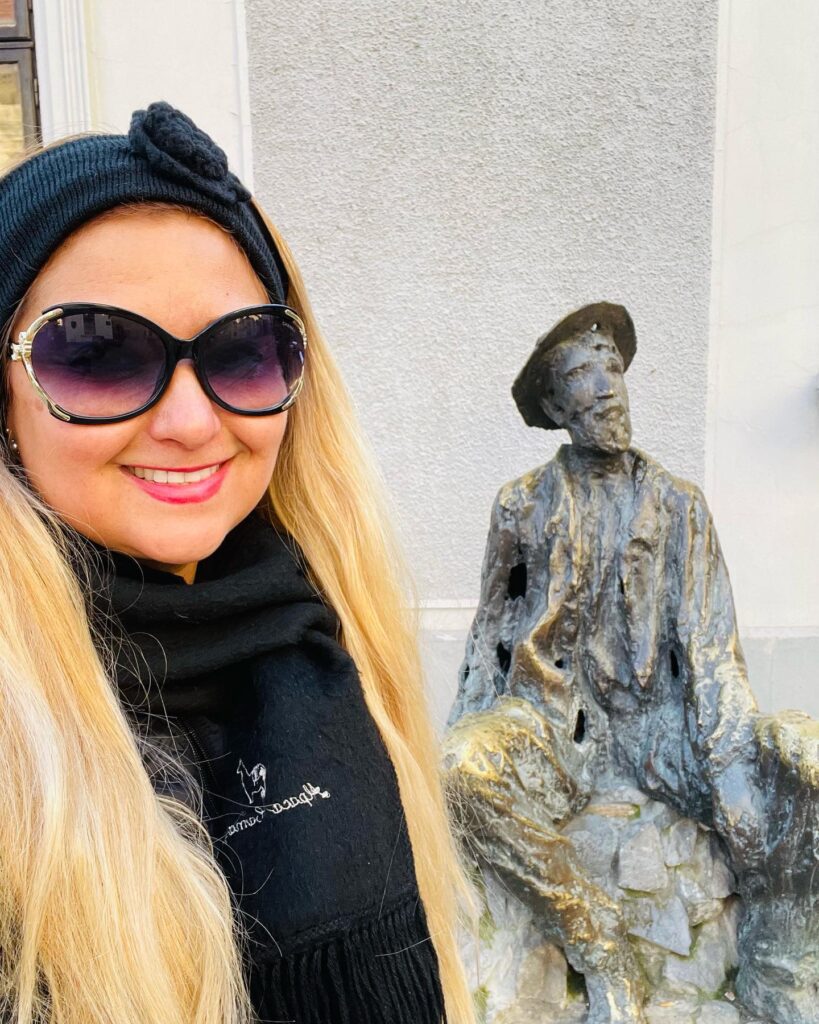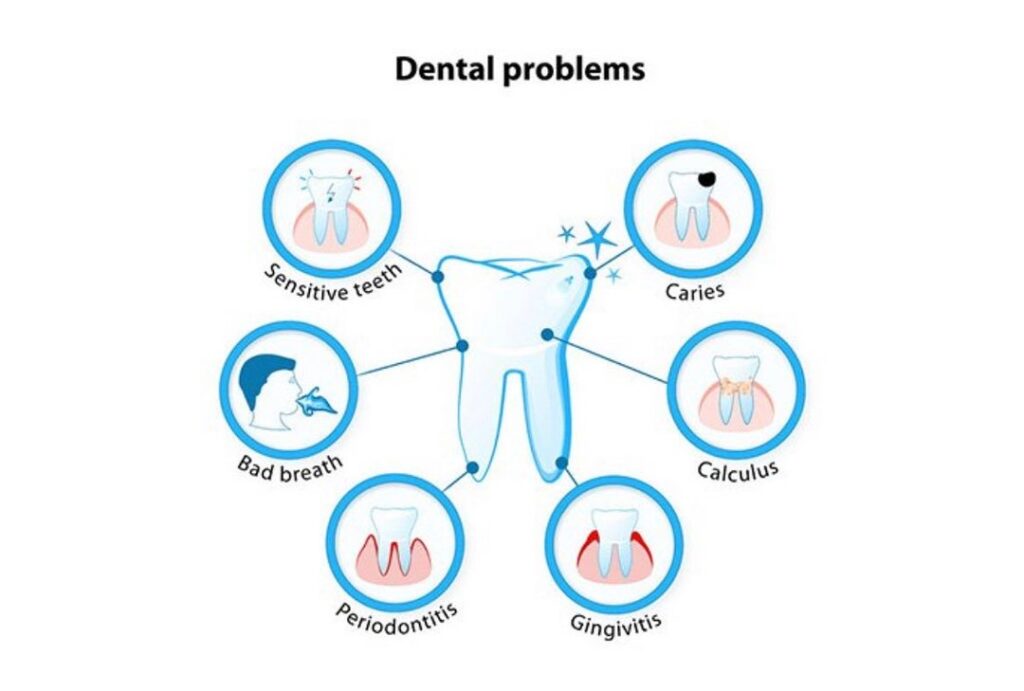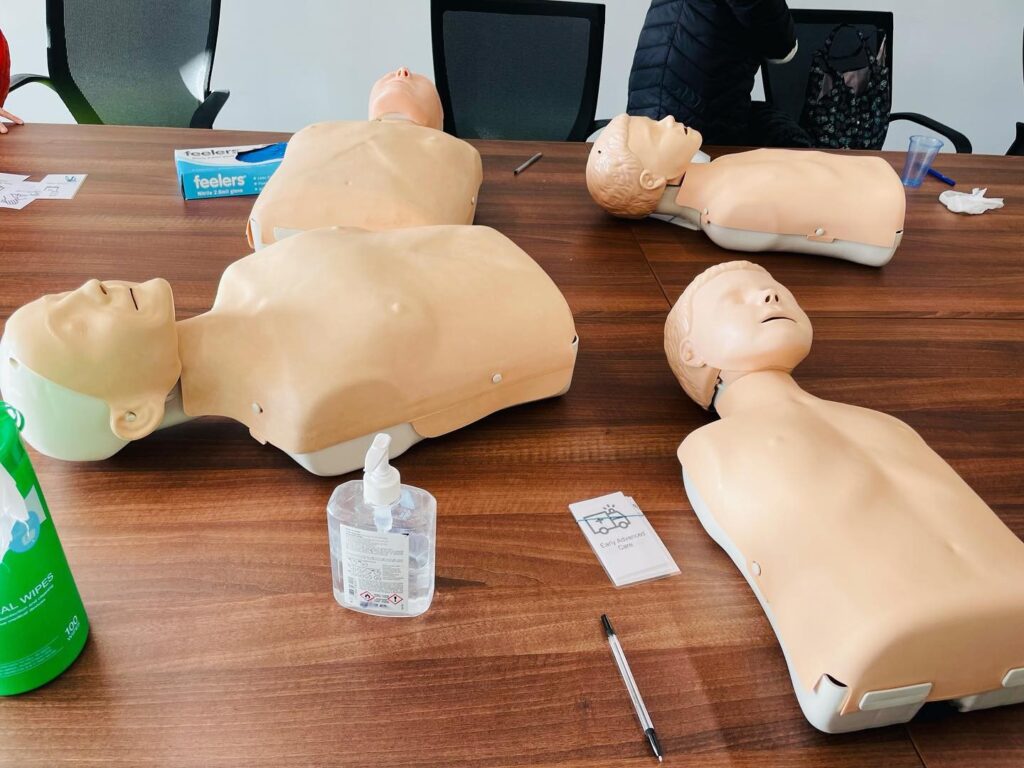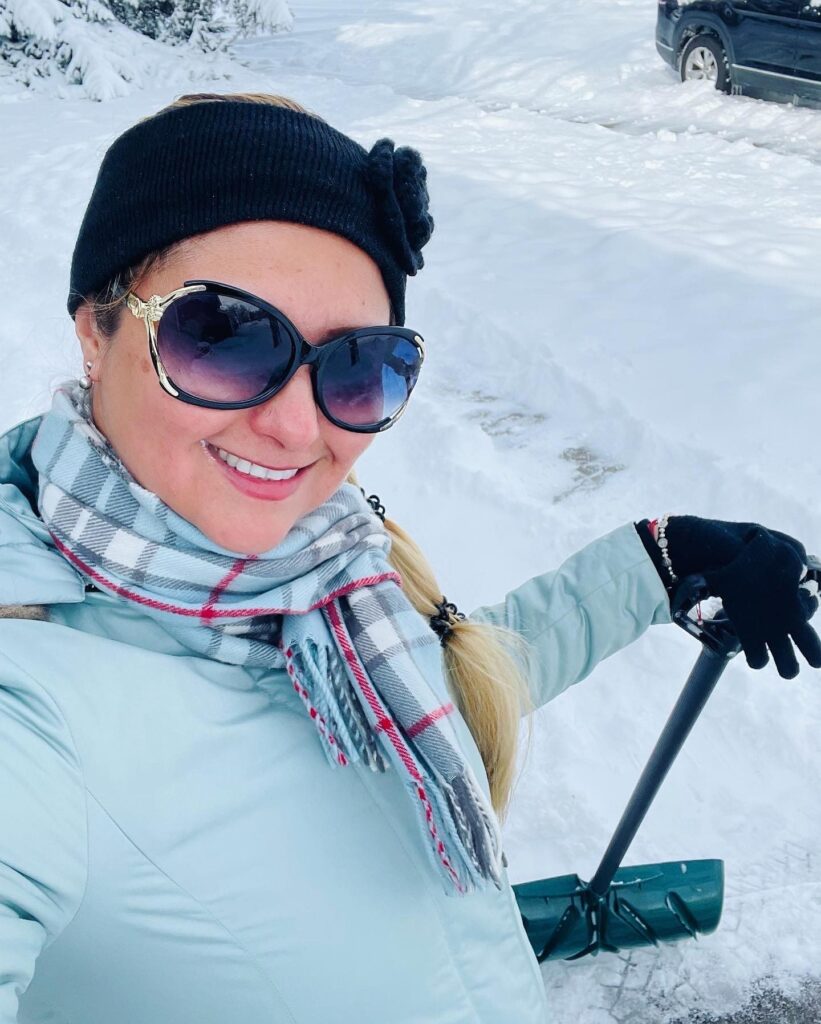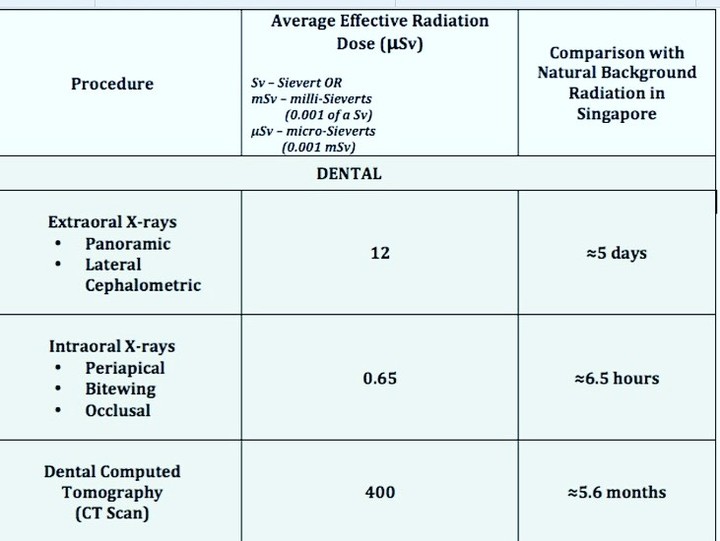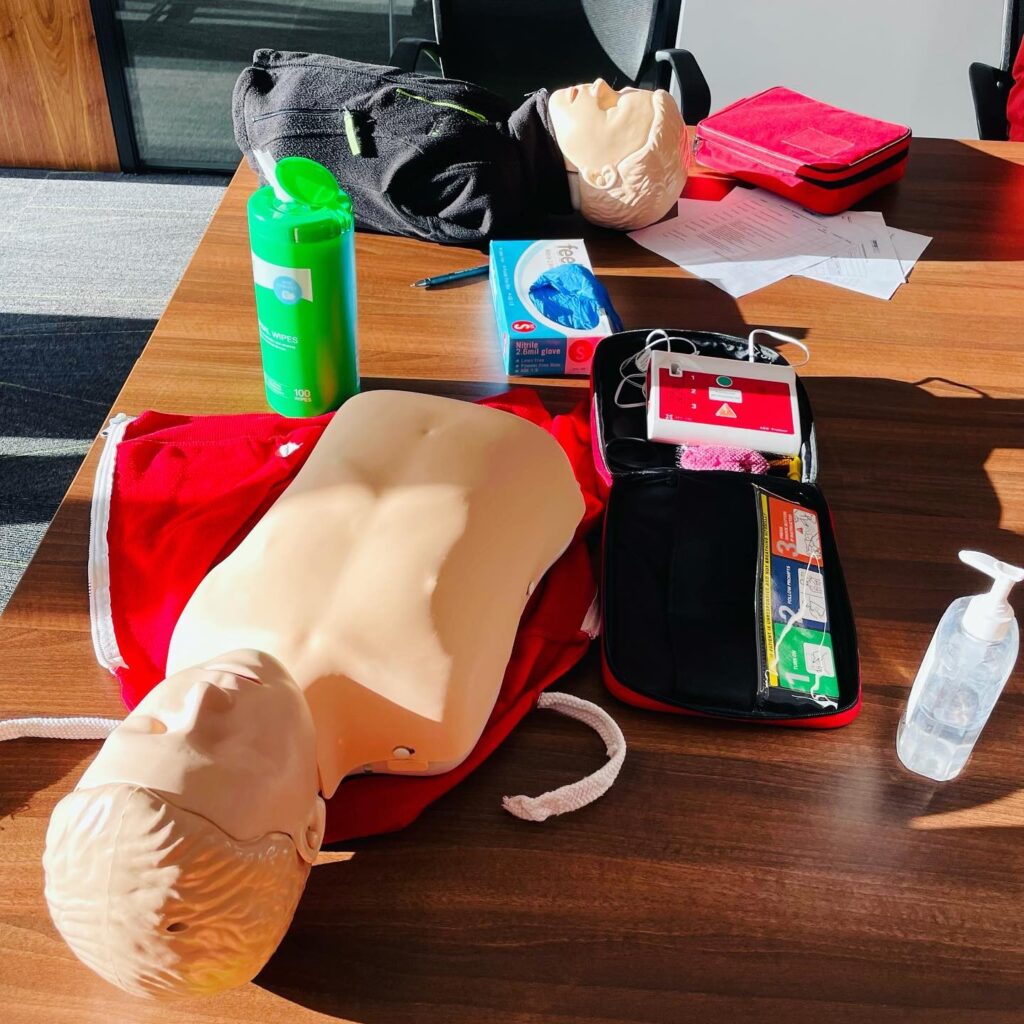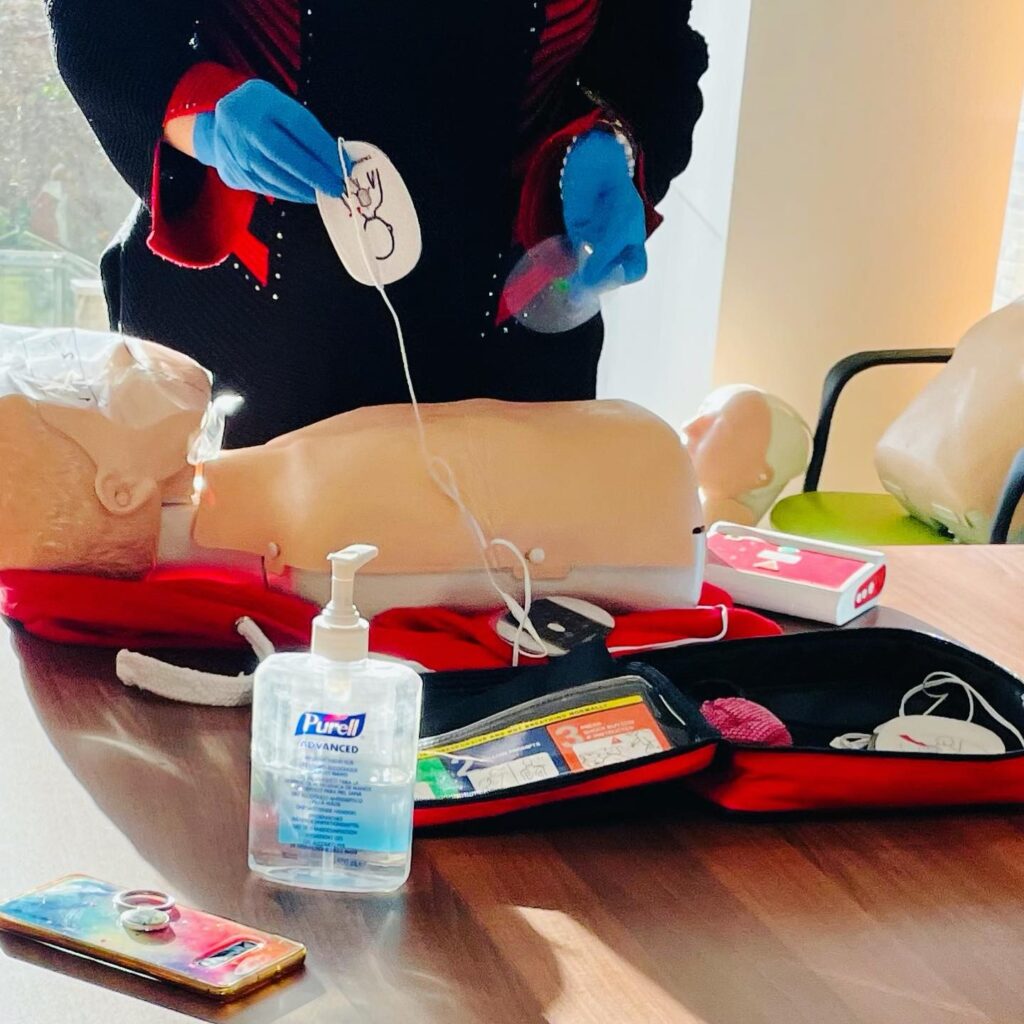
A dental abscess is a collection of pus that can form inside the teeth, in the gums or in the bone that holds the teeth in place. It’s caused by a bacterial infection. An abscess at the end of a tooth is called a periapical abscess. An abscess in the gum is called a periodontal abscess.
Dr. Banić

